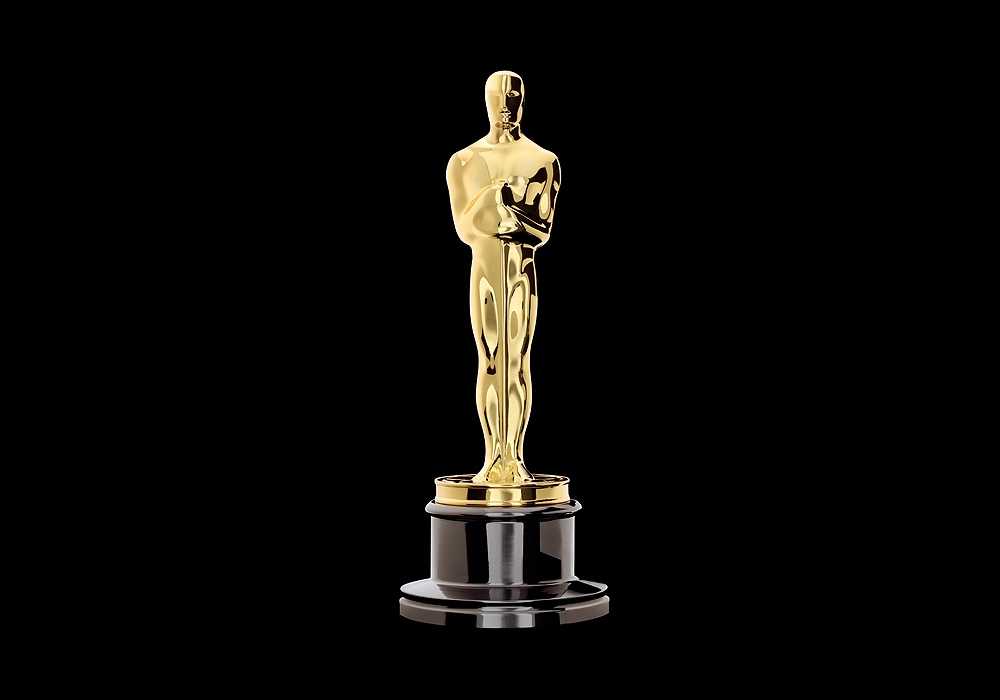Samah Abdulselam
Contributor
Several days after the 2016 Oscar nominations were announced, Jada Pinkett Smith posted a video on Facebook, questioning the Oscars and the lack of diversity in their nominations.
Similar to the 2015 Oscars, all of the main categories including Best Actor/Actress, Best Supporting Actor/Actress, and Best Director nominations were dominated by white actors, actresses, directors, and films. For the second year in a row, #OscarsSoWhite began trending on Twitter and Facebook.
Despite having several notable performances this year, by Idris Elba (Beasts of No Nation), Abraham Attah (Beasts of No Nation) and Will Smith (Concussion), the Oscars managed to have another whitewashed year.
Straight Outta Compton, arguably one the most powerful films of 2015, did not get an Oscar Nomination for best film, but the movie’s white screenwriters are contenders for Best Original Screenplay.
In the video Pinkett Smith released, she calls for a boycott of the Oscars, which was received by Hollywood in several different manners.
David Oyelowo, Spike Lee, and Mark Ruffalo are among several actors who have publicly stood in solidarity for change in the Oscars nomination process.
British native, Elba gave a powerful speech to the British parliament in which he highlighted that the lack of diversity in film is not only an American problem, but also one that exists in the British film industry as well.
Shockingly enough, there were contesting comments coming from other black individuals in the film industry. Actresses such as Janet Hubert and Stacey Dash, tried to dismantle Pinkett Smith’s argument.
Dash made unprecedented and uneducated comments on Fox and Friends by explaining that if black people wanted to be recognized, they should desegregated themselves by dissolving accolades such as the National Association for the Advancement of Colored People Image Award.
The NAACP was made to celebrate black talent when white-dominated award shows refused to.
In addition, 2016 Oscar nominee Charlotte Rampling, a white woman, stated that the boycott was “racist to white people.”
This demonstrated that these thought processes and ideas still exist in Hollywood and are holding the diversity and inclusion of minorities in “elite” Hollywood stagnant.
To bring change, the Western film industries must be criticized by a united and outspoken black community, not a divided one.
Hollywood has a problem, no question about it.
The Los Angeles Times reported that the demographics of the Oscars who have a vote each year consist of 94 per cent white people, with the median-age voter being a 65-year-old white man.
This plays a huge role in the lack of diversity within Oscar nominations as the Academy body is made of people who only represent Caucasians.
A 65-year-old white male simply cannot understand the depth of art and meaning that black films and roles bring forth if those film and roles does not illustrate your “typical black character” (i.e. a slave). And this illustrates how racism in Hollywood goes beyond the Oscars.
In order to create a significant change, we must also criticize the roles available to black actors, actress, and directors.
Recent Emmy Award-winner Viola Davis nails the deeper issue here by stating, “You can change the Academy, but if there are no black films being produced, what is there to vote for?”
Black individuals in the film industry should be considered and cast for roles in a variety of roles and not be confined to roles based on their race or ethnicity. Black actors and actresses should be given leading roles based on their talent and not just based on convenience of their skin to make the next film about slavery.
Moreover, Western film industries need to stop reiterating negative racial stereotypes such as “black criminals” or the “angry black woman.”
We are more than these stereotypes.
Black culture is rich and diverse, differing from country to country, from ethnic group to ethnic group. This should be celebrated and illustrated through big films.
As a source of mass media, movies and television shows are able to send powerful messages.
Thus, it is the responsibility of black individuals in the film industry to demand the creation of roles and films that empower black people.
We should also hold these actors accountable for the representation of blackness. Mega-stars like Denzel Washington, Kerry Washington, and Will Smith, who are given the opportunity to reach many people through their platform, should be active in helping represent black people in films and in everyday sociopolitical issues.
Using their platform, they should put a spotlight on racism in Hollywood to help produce change.
The power black celebrities have can be seen in the manifestation of the Oscar 2016 Boycott.
Although many people tried to derail Pinkett Smith’s boycott, the message was heard, and the Academy has already begun to change its Academy voting demographics in attempt to have a more inclusive body voters who are younger, people of colour, and more open-minded.
This should be only the beginning of much needed change.
We should all understand that like most institutions. Civil rights activist Al Sharpton has said, “Hollywood is like the Rocky Mountains. The higher you get, the whiter it gets.”
Thus, by being critical of the film industry and creating contesting discourse that challenges the norms, it enables us to educate people and produce positive change.
If you want to see how this year’s Oscars host Chris Rock responds to this controversy on stage, tune in February 28.


